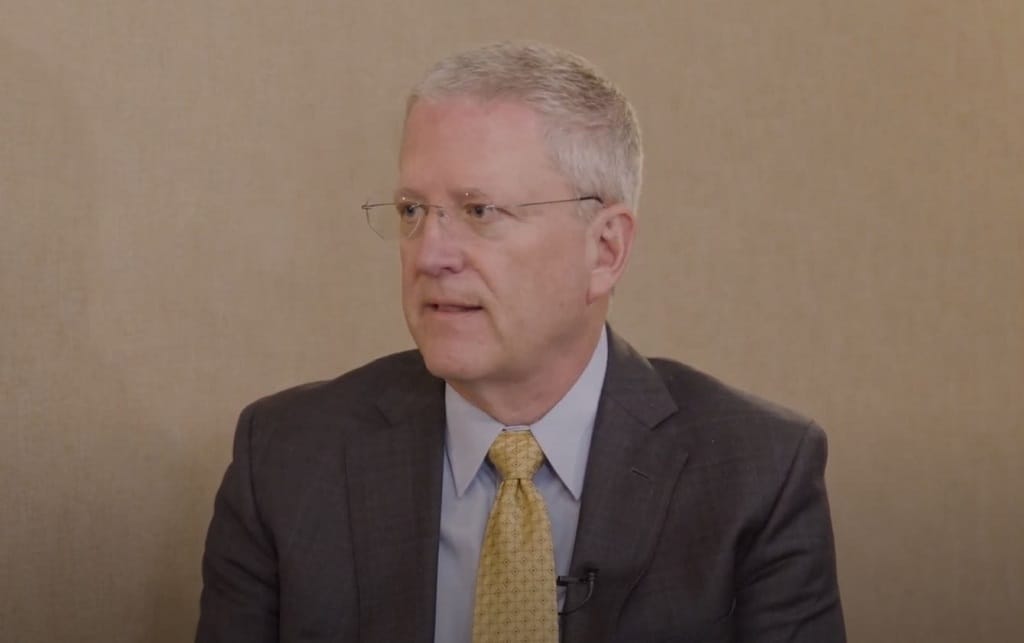Charter Wants Decision on Pole Replacement, NTIA Workforce Guide, C-Band Transition Payments
Charter said it needs to pay to replace a majority of poles to connect for some projects.
Zoey Howell-Brown

October 20, 2022 – Charter Communications is urging the Federal Communications Commission to “promptly” proceed in requiring pole owners to share the cost of replacing poles when they want to install equipment on them, according to a letter to the FCC on Thursday.
Currently, pole owners and investor-owned utility companies often offload the replacement cost to service providers who want to attach telecommunications equipment on the poles. The FCC is currently deliberating on what to do about that, including whether to force pole owners to share in the cost of the replacement.
But Charter said that decision has to be done more quickly, as it illustrated in the letter that the majority of poles to which it would need to attach for certain projects using Rural Digital Opportunity Fund money would need to be replaced entirely.
“Discovering that a project will require an unusually high number of pole replacements can force Charter to go back to the drawing board to restart the design and licensing process, ultimately delaying our ability to deploy new facilities,” the letter said, adding this will “continue to present challenges and delays to bringing high speed broadband to every home in the country.”
Last month, Charter responded to the FCC’s request for comment on the issue, stating similarly that the current pole replacement burden will put at risk connecting all Americans to high-speed internet.
NTIA releases workforce guide for compliance with BEAD funding
The National Telecommunications and Information Administration released a guide Wednesday recommending strategies, including utilizing apprenticeships, certification and training programs, to optimize spending from its $42.5-billion Broadband Equity, Access and Deployment infrastructure program.
The Workforce Planning Guide lists specific strategies federal, state or local broadband deployment programs can use to ensure they are compliant with the workforce requirements of the program, including incorporating apprenticeships, certification programs and training opportunities in BEAD projects to support women, people of color, the formerly incarcerated, and people with disabilities.
“These good jobs are the foundation of an equitable economy that lifts up workers and families and makes businesses more competitive globally,” said Secretary of Commerce Gina Raimondo in the release, who previously noted the importance of having money to pay for a workforce ready to tackle the challenges of installing infrastructure.
Communications companies late getting C-band transition payments: letter
An advocacy group for independent communications providers is urging the FCC to pay money they say its members are owed for vacating a stretch of spectrum that is now being used for wireless services.
As part of the C-band transition, video services were bumped off the 3.7 to 4.0 Gigahertz band to make way for future mobile wireless services, including 5G. The FCC has said those companies would be compensated for the move.
But in the letter dated Friday, ACA Connects said its members have complained that they have not been paid the lump said they said they are owed.
“Numerous ACA Connects Members, including some who have pursued their payment claims actively since the claims process commenced in late summer 2021, still have not received any portion of the lump sum payments they are due, causing them to divert operating funds to finance necessary transition activities, or even to seek external financing,” the letter said.
The organization is asking the commission to expedite the delivery of the “long-overdue” lump sum payments.








Member discussion